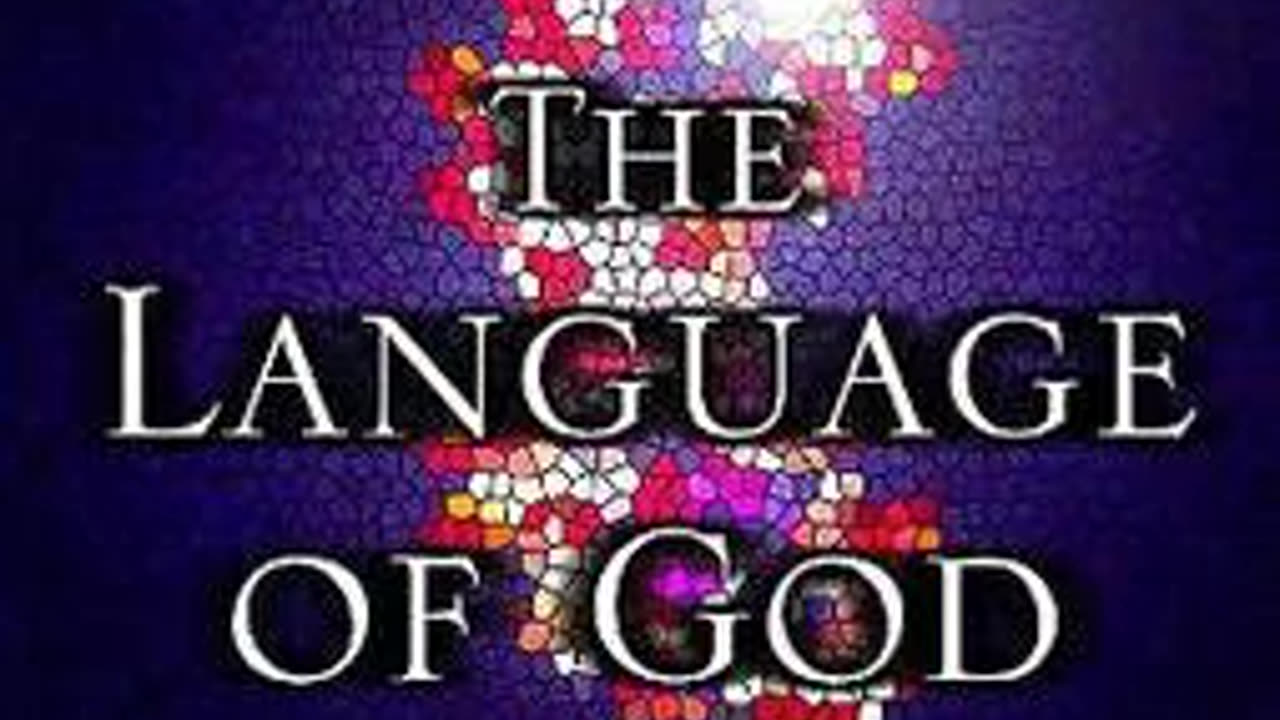Premium Only Content

The Language of God by Francis S. Collins | Summary
Buy Here: https://amzn.to/3OGrUzr
""The Language of God: A Scientist Presents Evidence for Belief"" is a nonfiction book written by geneticist and physician Francis S. Collins, published in 2006. In the book, Collins explores the intersection of science and religion, discussing his own journey from atheism to faith and presenting arguments for the compatibility of science and religious belief.
Key points covered in the book include:
1. **Personal Journey:** Collins begins by sharing his personal journey from atheism to Christianity. He describes how his scientific work, particularly his role in leading the Human Genome Project, led him to question his atheistic beliefs and ultimately embrace Christianity.
2. **The Moral Law:** The book discusses the existence of a moral law that transcends cultures and societies. Collins argues that this moral law, which he refers to as the Moral Lawgiver, provides evidence for the existence of a higher power.
3. **The Moral Argument:** Collins presents the moral argument for the existence of God, asserting that the presence of moral values and duties in human beings implies a source of these values beyond the natural world.
4. **The Fine-Tuning of the Universe:** The book explores the concept of the fine-tuning of the universe, where various physical constants and conditions are precisely tuned to allow life to exist. Collins suggests that this fine-tuning may indicate a purposeful creator.
5. **Theistic Evolution:** Collins discusses the concept of theistic evolution, which reconciles the scientific theory of evolution with religious beliefs. He argues that the process of evolution could be a mechanism employed by God to create life's diversity.
6. **Genetics and Human Identity:** Collins examines the role of genetics in understanding human identity, including the origins of morality, consciousness, and the uniqueness of humans as moral agents.
7. **Harmony between Science and Faith:** The book emphasizes the idea that science and faith can coexist harmoniously. Collins argues that science can provide insights into the natural world, while faith provides a framework for understanding meaning, purpose, and the moral dimension of life.
8. **Dialogue and Respect:** Collins advocates for respectful dialogue between the scientific and religious communities. He urges individuals to avoid unnecessary conflict and recognize that both science and faith can contribute to a deeper understanding of reality.
""The Language of God"" offers readers a perspective on the relationship between science and religion from a renowned scientist who is also a person of faith. Collins presents arguments for the compatibility of these seemingly disparate worldviews and encourages open and respectful conversations that bridge the gap between the scientific and religious communities. The book invites readers to explore the idea that both science and faith can offer valuable insights into the complexity and meaning of the universe and human existence."
-
 34:44
34:44
LFA TV
5 days agoMIRACLES DO HAPPEN!
83.6K1 -
 5:26:31
5:26:31
GamersErr0r
7 hours ago $4.10 earnedMooning My Community
41.8K -
 2:22:59
2:22:59
Banks Atkin Live
10 hours agoChilling playing Games & Vibin
67K1 -
 8:08:50
8:08:50
Dragoon_B
11 hours agoNothing crazy - just Counter Strike + Valorant
29.1K1 -
 18:03
18:03
Stephen Gardner
10 hours ago🔥YES!! Trump GETS HUGE win in 4th district court!!
76.9K441 -
 4:40:54
4:40:54
G3T
9 hours ago🔴GET | not saying it
23.9K -
 15:35
15:35
DeVory Darkins
16 hours ago $5.15 earnedGavin Newsom drops CRUSHING BLOW on Democrats
27.7K71 -
 4:26:06
4:26:06
Etheraeon
12 hours agoPUBG: Battlegrounds | Total Bot Domination
20.5K -
 3:18:33
3:18:33
House of Jacobs
9 hours agoElden Drinks - Drunk Souls Series
16.8K1 -
 3:12:13
3:12:13
BubbaSZN
11 hours ago🔴 LIVE - SPIDER-MAN 2 - PART 3
16.9K1